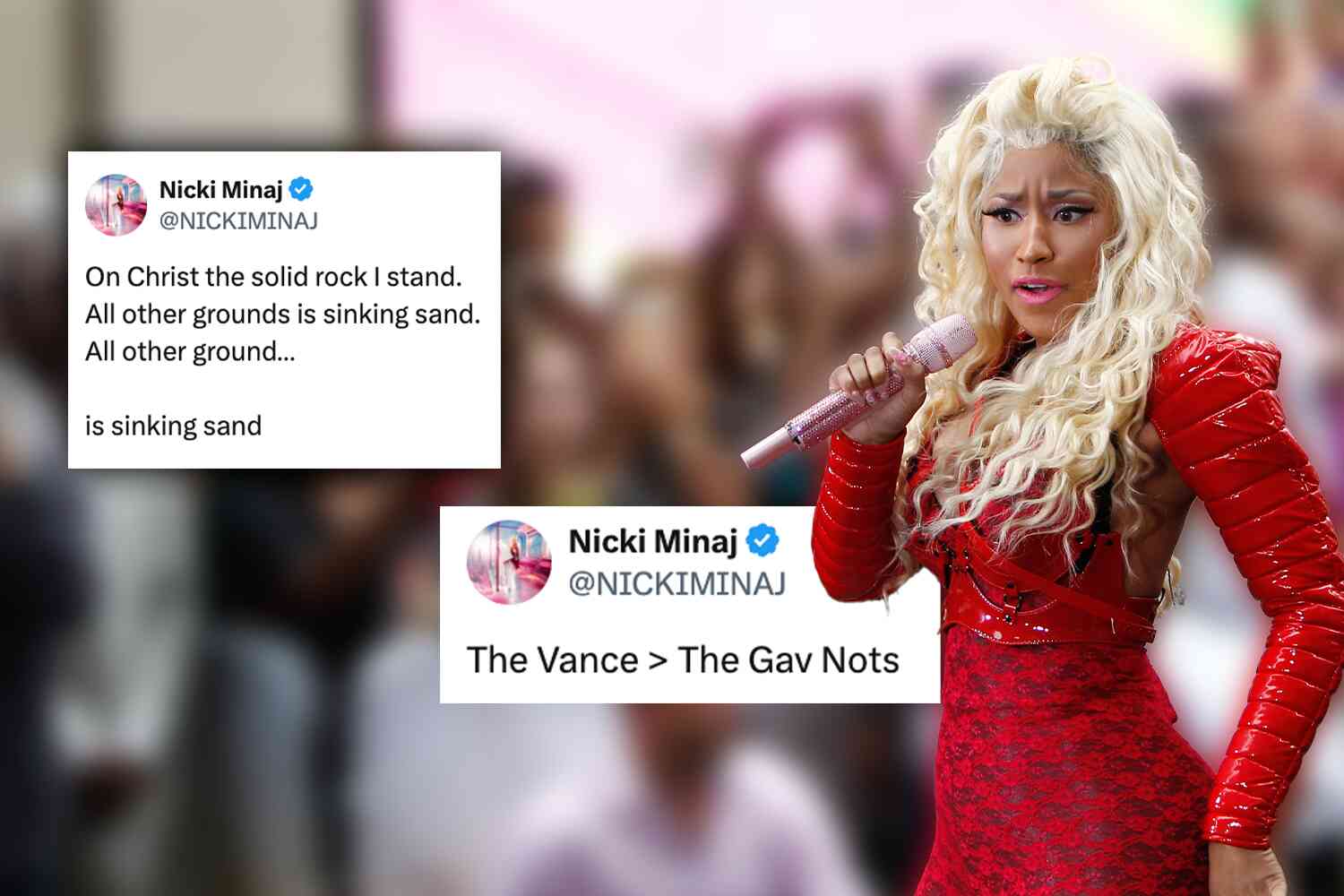Sure, you could study something useful in a subject area you enjoy and find happiness in that chosen profession by being a useful, productive member of society with the ability to provide for yourself and your family.
Yeah, you could do that.
Or, you could take a course that skips all that hard work stuff and just teaches you how to be happy from the get go!
Somehow.

A New Jersey university is launching what it called the world's first "Master of Arts in Happiness Studies."
Centenary University's program will "explore the implications of happiness for individuals, the workplace, and our broader society," according to the college's announcement.
It's set to launch virtually in the fall and will cost students $17,700.
Were I to "explore the implications of happiness" one of them would be the implications of being $17,700 poorer today than I was yesterday.
The student loan debt crisis also just came a little clearer into focus.
Here is the Centenary University President Bruce Murphy, Ed.D proudly announcing the new degree.
"It gives me great pleasure..."

...to announce that this fall, Centenary University in Hackettstown, NJ, will introduce the world's first Master of Arts in Happiness Studies, "...to prepare graduates to make an impact in a wide range of fields."
Here's an idea.
If you want to prepare graduates to make an impact in a wide range of fields properly educate them in those wide range of fields in the first place.

Experts say there's never been a better time to advance the study of happiness in society.

Approved by the Middle States Commission on Higher Education, Centenary University's 30-credit program...
Of course, the Middle States Commission on Higher Education must be some third-rate accrediting institution to have granted 30 credits for this silliness, right?
Nope, they are recognized by the United States Department of Education and accredit hundreds of universities in the region including Princeton, Columbia, and New York University.

The new master's degree will incorporate aspects of diverse disciplines—psychology, philosophy, neuroscience, finance, business, literature, coaching, religion, music, and more—to explore the implications of happiness for individuals, the workplace, and our broader society.

How did this accredited university put together a 30-credit Master of Arts degree in happiness?
They teamed up with a new-age self-help guru who's on TV a lot and sells "certificates of happiness studies" online through this "Happiness Studies Academy."

Here's the "Certificate of Happiness Studies" you get if you do his online certificate course.
And here's the "Certificate Diploma" you get if you do his online Master of Arts course through Centenary.
What's the difference?
Near as I can tell, about $14,400.
The education, and the embarrassment, appear to be the same, although perhaps a little bit more if you pay $17,700 for it at Centenary.
We can get an idea of what Centenary students can expect from the materials available on the Happiness Studies web site, starting with this.
To realize our mission, we at HSA take a wholistic, interdisciplinary approach to teaching happiness—first in the way we define happiness, and second in the way we teach it. We define happiness as the experience of wholeperson wellbeing, or in short, the experience of wholebeing.
I'm thinking of wholevomiting my wholelunch.

Here's a little peak at the syllabus where they get into spirituality.
I continue to discuss the principle that "The ordinary is elevated to the extraordinary through mindful presence."

So, basically the same kind of information you can get watching a week of daytime TV talk shows.
Based on their brochure for the MA degree, you can expect similar material from your accredited Master of Arts degree.
Learn about happiness through the lens of wholeperson wellbeing (wholebeing). Drawing on psychology, philosophy, neuroscience, economics, theology, literature and other disciplines, this survey course focuses on each of the five dimensions of wellbeing: Spiritual, Physical, Intellectual, Relational, and Emotional (SPIRE).
So what can we learn from this?
The continued and growing disdain the population has for our alleged elites in higher learning is both well-earned and well-grounded.
And it didn't cost you seventeen grand.

(Thanks to @venisonchili for the tip!)
P.S. Now check out our latest video 👇









